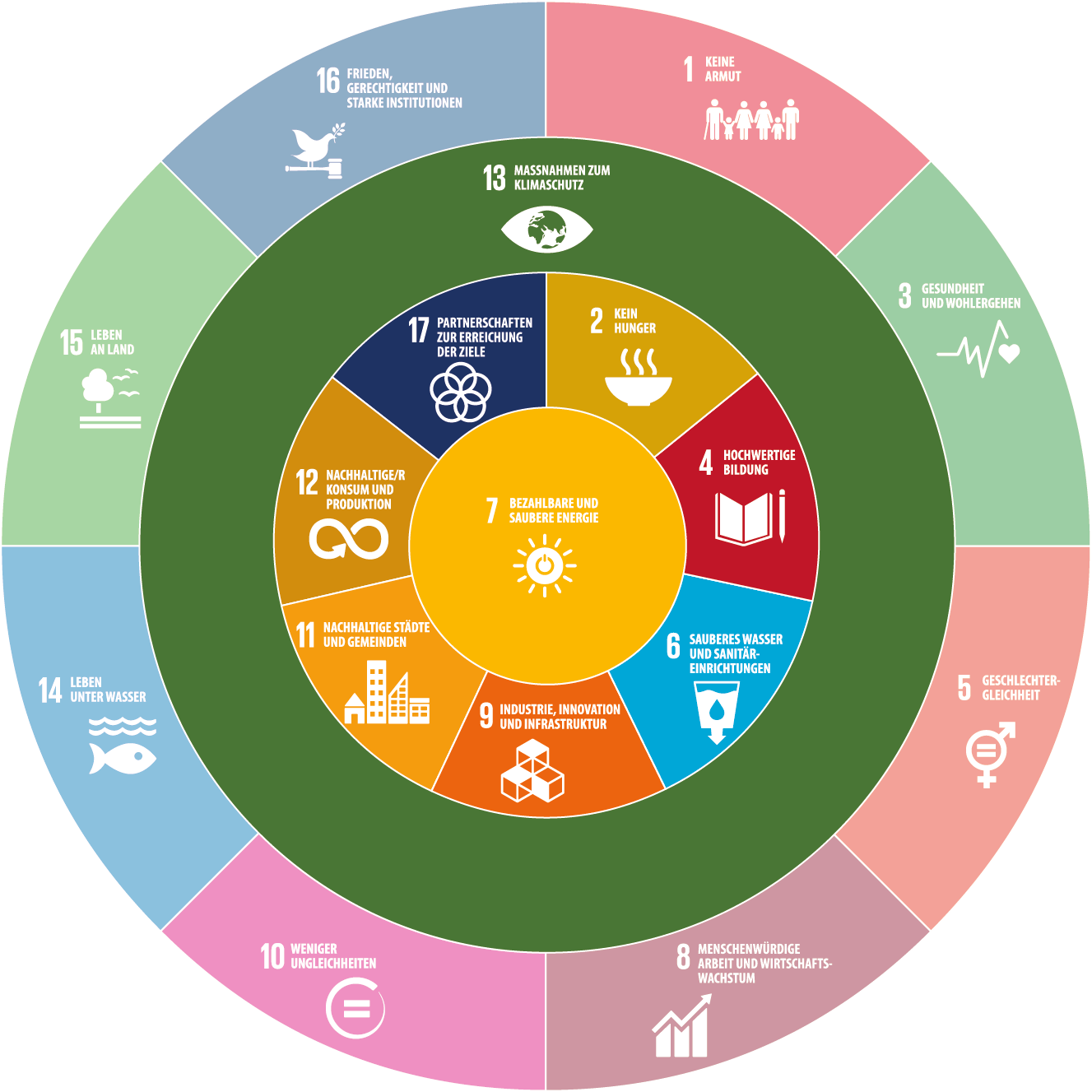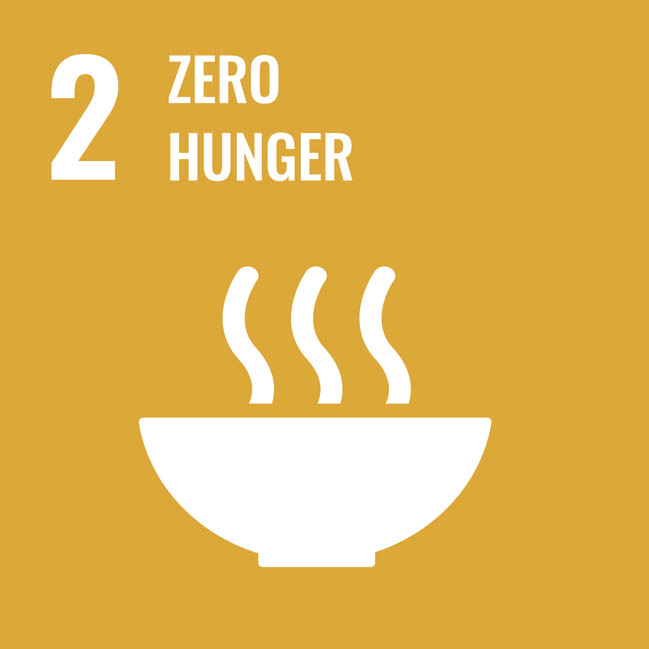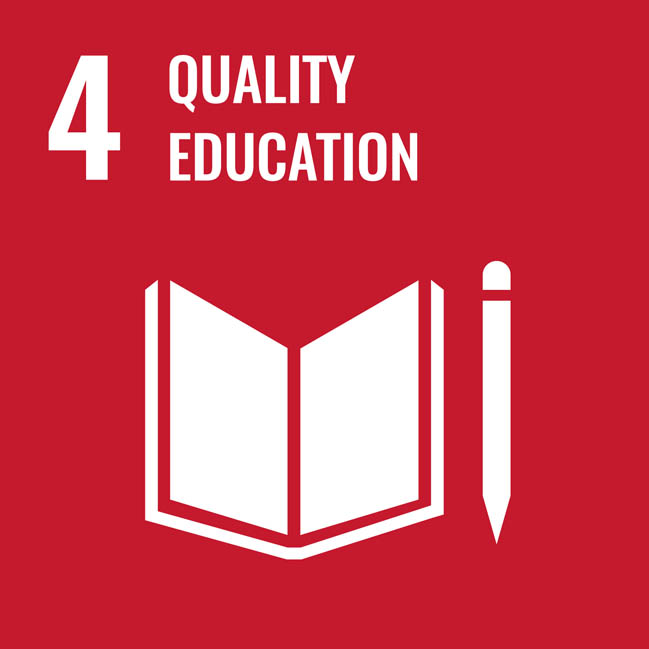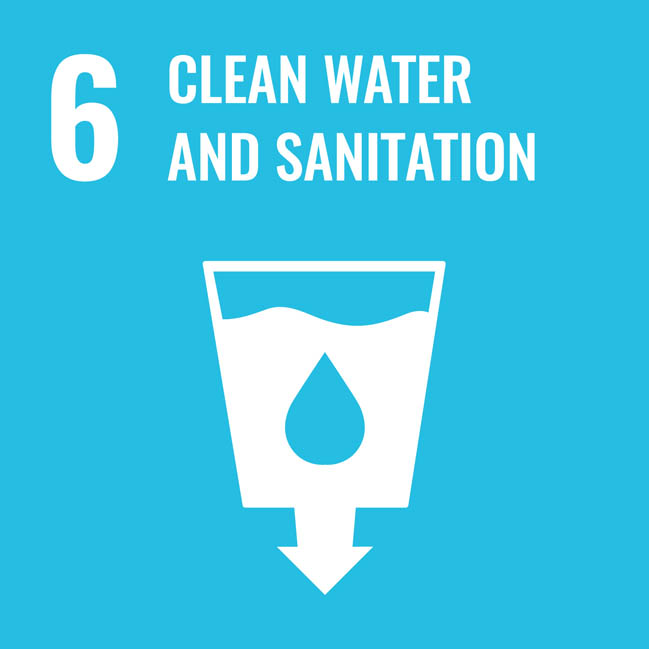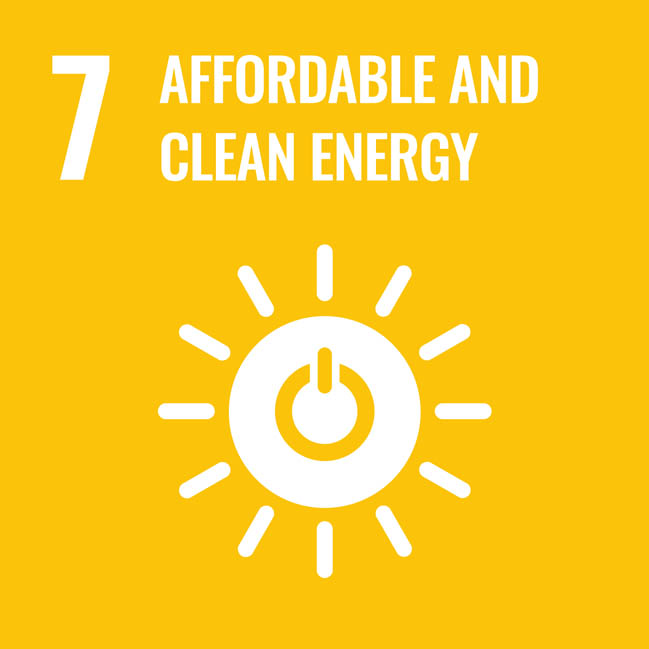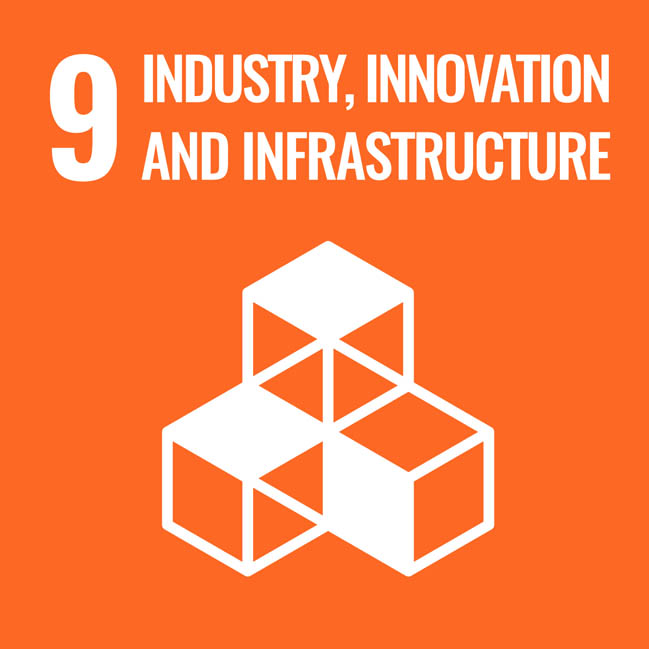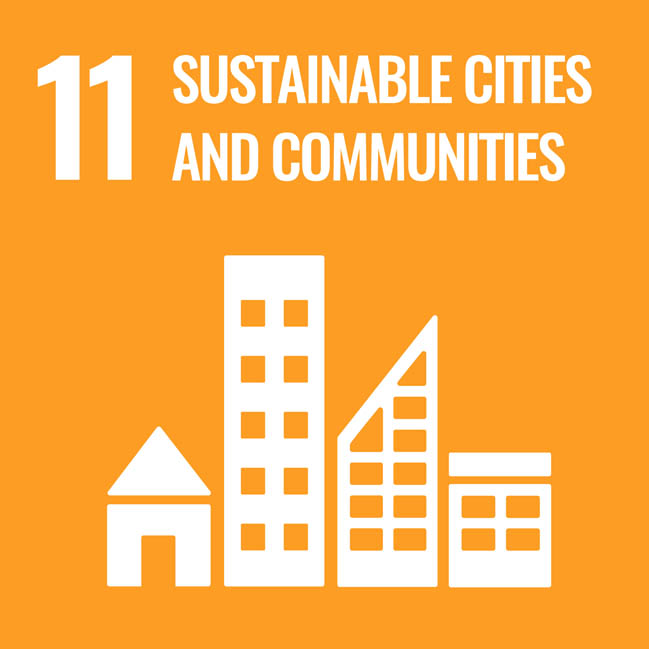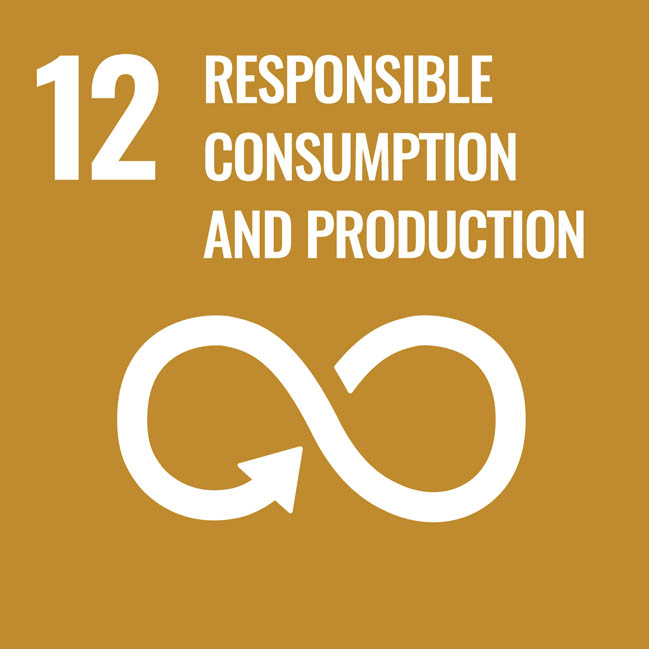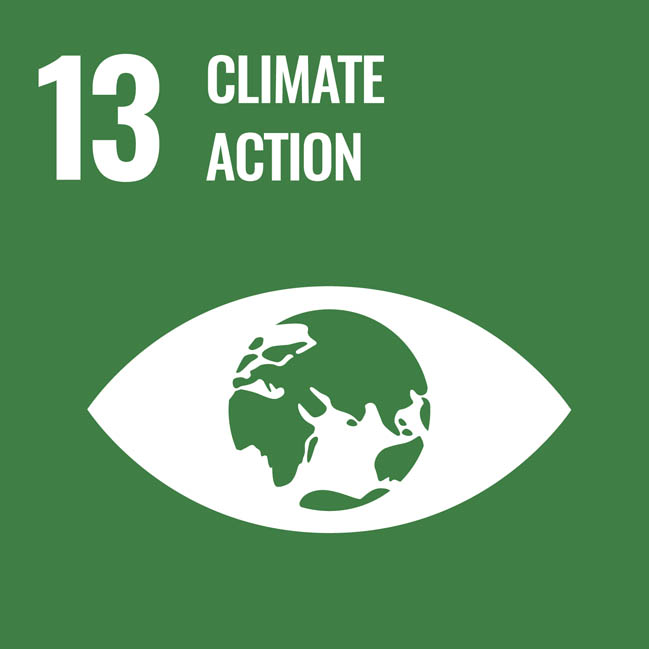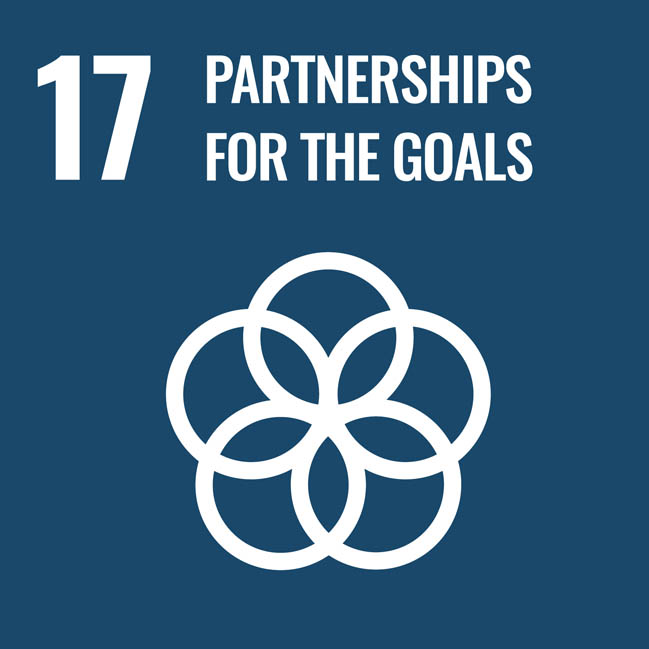Contribution to the 2030 Agenda and the Sustainable Development Goals
The 2030 Agenda was adopted by all member states at a United Nations summit in 2015. It creates the basis for shaping global economic progress that is in harmony with social justice and the Earth's ecological limits. At the heart of the 2030 Agenda are the 17 Sustainable Development Goals (SDGs).
The development of solutions and decision-making bases for important societal challenges is an important task of science and research. With its research and development work, Fraunhofer ISE makes an important contribution to sustainable development and thus to achieving the Sustainable Development Goals. The focus here is on scientific and technological developments in development goal 7 "Affordable and clean energy". In addition, we have identified eight further development goals within our portfolio for which our work is relevant.
There are numerous interactions and links between the SDGs: Many goals can only be achieved if progress is also made on other goals. For example, there are numerous interactions between SDG 7 "Affordable and Clean Energy", SDG 2 "Hunger" and SDG 6 "Clean Water and Sanitation". Fraunhofer ISE research topics such as agrivoltaics or water treatment and material separation take these interactions into account.
On these pages, we provide an exemplary overview of how and in which areas Fraunhofer ISE is contributing to achieving the goals. This overview does not claim to be exhaustive, but it does illustrate how important and comprehensive the role of research and development work is in implementing the 2030 Agenda.
